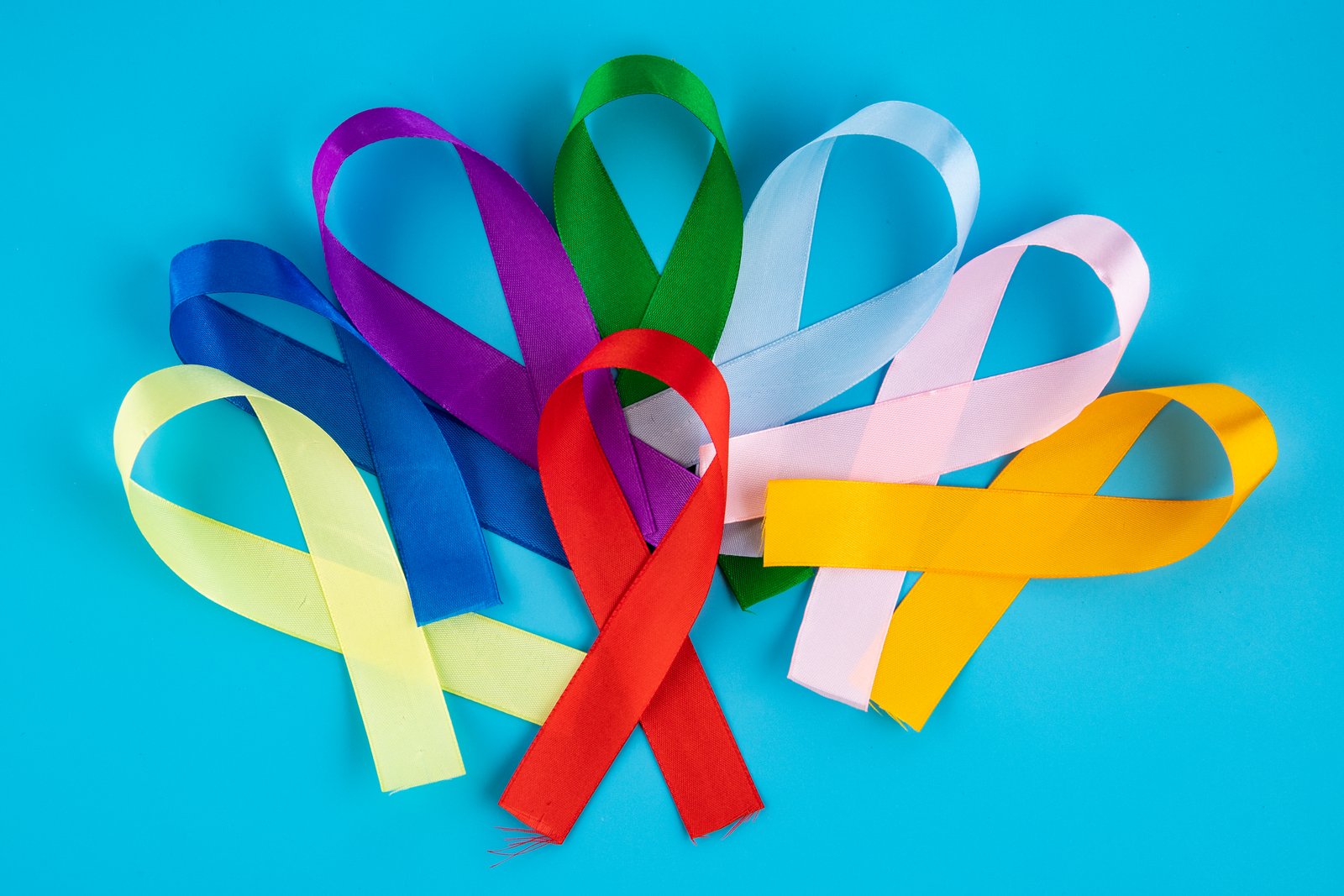President Joe Biden announced in February that he is giving a new push to the cancer moonshot initiative that he first led during the Obama administration.
In his announcement, Biden said the program would aim to boost prevention, screening and research with a target of reducing the cancer death rate by 50% over the next 25 years. Both Biden and his wife, Jill, have embraced the initiative ever since they lost their son, Beau, to brain cancer at the age of 46 in 2015.
“For Joe and me, [Beau’s death] has stolen our joy,” Jill Biden said at a White House event detailing the relaunch. “It left us broken in our grief. But through that pain, we found purpose, strengthening our fortitude for this fight to end cancer as we know it.”
The project will also urge Americans to resume cancer screenings, which have declined during the pandemic, and seek to create more equitable access to cancer care through measures such as mobile screening.
A “cancer cabinet” of officials from across the federal government will be created to coordinate efforts, and there will be a push to hasten emerging early detection methods such as liquid biopsies to find multiple cancers through blood tests, the White House said in a fact sheet detailing the plan.
“All those we lost, all those we miss, we can end cancer as we know it,” Biden said at a White House gathering that included about 100 cancer researchers. “This is a presidential White House priority. Period.”
The only thing the plan is missing is money.
Biden called on Congress to fund the new program, but didn’t provide a specific proposal. In 2016, Congress provided $1.8 billion over seven years for the first cancer moonshot, and about $400 million, or two years of funding, remains, the Washington Post reported.

